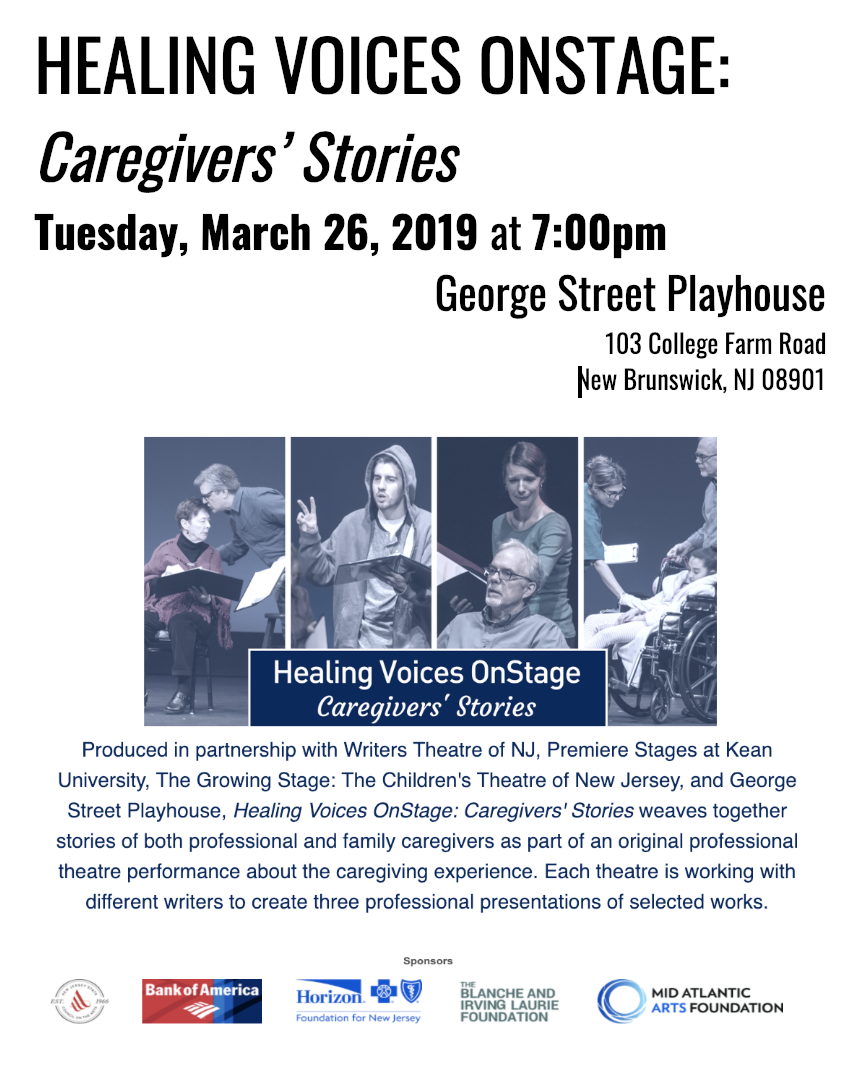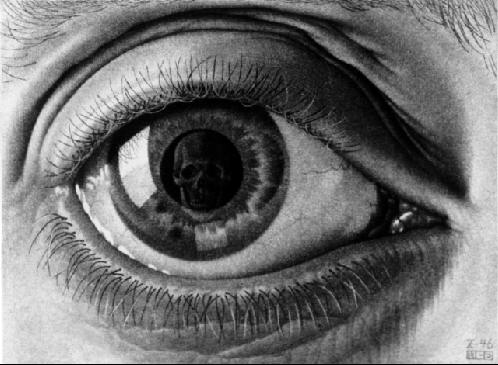Talking About Grief? Just Do It!
Jess Denham wrote this "Why We Need to Talk About Grief" published in the UK edition of Harpers Bazaar. Denham's opening line says it all:
I thought grief was something that happened to other people. I thought it meant being really sad for a long time. It is something more complex and what we will all face.
See my quote by CS Lewis from A Grief Observed. Here
Denham gets it because she has been there. Her father recently died and she was thrust onto the grief path. This is less a self help for those of us in the throws of grief or those who find our grief sneaking up dope slapping us years after out loss. Denham is talking to you about your grief and your emotions and feelings about grief. Each and everyone isl valid and deserves to see the light of day. We are not served well to stand in a dark empty warehouse whispering about our loss because we don’t want to be Debbie/Dougie Downers. Those who do not want to be around us buzz kill grievers move on and don’t do no harm. Here are some bullet points from Denham’s article:
Listen
Those who grieve feel isolation. Help them feel part of the world
Let the one grieving feel vulnerable. Don’t shut them down with “You have to accept the new normal.” Grrrrr
Ask them about the person they lost. Then wait and listen (see below)
Listen
More on the link pop over and see.
Joe Fassler’s interview with Jayson Greene struck a resonant chord with me on a number of fronts. Greene's 2-year old daughter died and he wrote a memoir to help him survive. "Once We Saw the Stars" I know that feeling. We all do who grieve.
Donna my wife of 28+ years died in 2011. Before her death and after I tasked myself with attacking my grief, understanding my pain, and finding light within my darkness I was thrust into. Part of that was blogging, podcasting, and writing a memoir about Donna, us, love, and loss. Joining HYWC too.
Greene makes very salient points that are helping me understand what at times felt as if I was charging windmills when in reality I was seeking clarity.
Key was the quote from the Inferno
“Some of the beautiful things that heaven bears, Where we come forth, and once more saw the stars.”
As time progressed I have written more and read more about grief and my grief path. I have come to realize the 'beauty heaven bears’ by the full throated embracing of my grief and the task of writing a memoir about Donna and us.
Donna, A Photo Memoir of Love and Loss was the story, as Greene says: “to excavate out of myself, something that I had to tell to live.” This interview holds something for all of us grieving and trying to find our grief path.
Mourning While Working
NBCNews had this article by Nicole Spector "Working while mourning: How to grieve when you're on the job" I have written about this issue of grief and employees here. Spector goes into to some welcome detail and how-to tips which we can all benefit from. When I say all I mean those of us in grief, employees, and co-workers. Below are some points Spector makes. Read the piece, it is good. Also share it with your employer.
Don’t deny or ignore your grief even when working.
Honesty is the best policy at work
Set some time aside at work to measure your emotions your grief
Even the most mundane tasks give us meaning (I make my bed)
Grief is a form of self-care
Put the picture on the desk.
This is great tip filled smart article. If you are new to grief or its darkness sneaks up on you take a read it will help. It helped me.



















